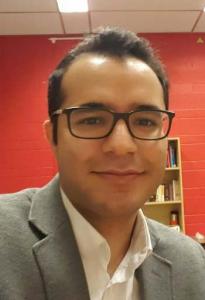IMPACT OF AUTONOMOUS VEHICLES ON THE FUTURE OF PARKING

University of Toronto
Parking is a cumbersome part of auto travel because drivers have to search for a spot and walk from that spot to their final destination. This conventional method of parking will change with the arrival of autonomous vehicles (AV). In the next decade, users of AVs will be dropped off at their final destination and the occupant-free AVs will search for the nearest and most convenient parking spot. Hence, individuals no longer bear the inconvenience of cruising for parking while sitting in their vehicle. This study quantifies the impact of AVs on parking occupancy and traffic flow. The model considers a mixed group of AVs and conventional vehicles and captures their parking behavior as they try to minimize their generalized travel costs. Insights are obtained from applying the model on several case studies. We show that (i) conventional vehicles park closer to the downtown zone in order to minimize their walking distance whereas AVs park farther away from the downtown zone to minimize their parking search time, (ii) AVs experience a lower search time than conventional vehicles, and (iii) higher AV penetration rates reduce the generalized cost of AVs and conventional vehicles.
Mehdi Nourinejad is a Ph.D. candidate at the Civil Engineering Department of the University of Toronto. He received his B.Sc. degree from Sharif University in 2012 and his M.Sc. degree from the University of Toronto in 2013. Mehdi is a sessional instructor at the University of Toronto where he teaches “Advanced Probability and Statistics”, a course for graduate and undergraduate students. In addition to being a reviewer for several Transportation and Operations Research journals, Mehdi is an editorial member of “Transportation Research Part E: Logistics and Transportation Review”. His research interests are autonomous vehicles, smart cities, mobility-on-demand, sustainable infrastructure management, and freight transportation.